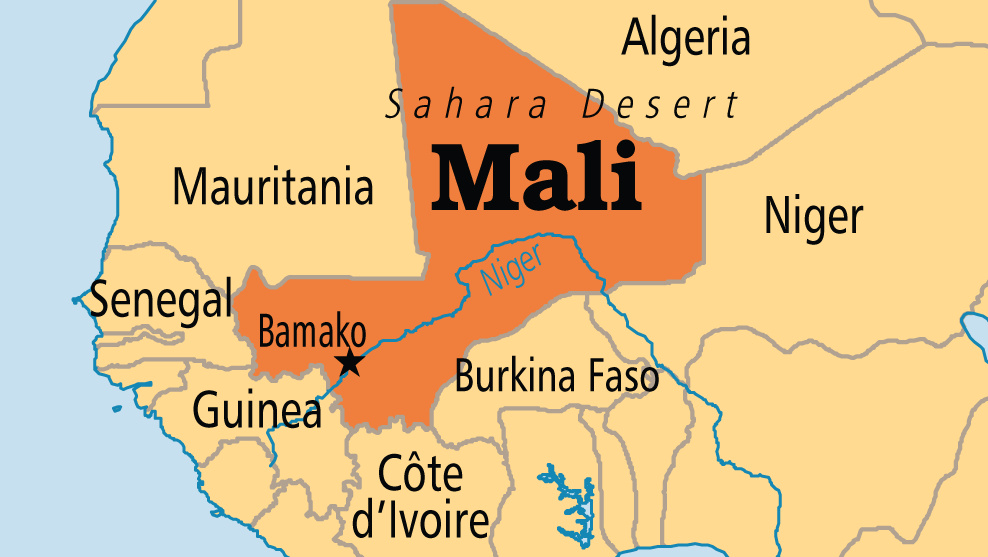Airlines from neighbouring countries and former colonial ruler France cancelled flights to Mali on Monday, helping isolate a military junta under regional sanctions for trying to extend its hold on power.
The Economic Community of West African States (ECOWAS), on Sunday agreed a raft of restrictions against Mali, including the suspension of financial transactions, over the interim authorities’ failure to hold democratic elections next month as agreed after a 2020 military coup.
Neighbours also said they would close road and air borders. Ivory Coast’s national carrier Air Cote d’Ivoire halted flights to the Malian capital Bamako on Monday. Flights from Senegal were also disrupted, according to a Reuters reporter trying to enter Mali.
Air France had also cancelled flights, an airline spokesperson said, because of security risks, without providing further detail.
The head of Mali’s airports, Lassina Togola, said in a statement that Air France flights on Monday were cancelled but not suspended long-term.
Assimi Goita, Mali’s current leader and one of several colonels who overthrew President Boubacar Ibrahim Keita in August 2020, called for calm in a statement on Monday, adding that Mali had the means to withstand the latest sanctions.
Goita, who staged a second coup in May 2021 when he pushed aside the interim president to take the job for himself, said that his government remains open to further negotiations with the regional bloc.
Another military spokesperson had previously condemned the sanctions as illegal and illegitimate.
This is the toughest stance ECOWAS has taken on Mali since it implemented similar measures in the immediate aftermath of President Boubacar Ibrahim Keita’s ouster in August 2020.
Those sanctions, which caused a sharp drop in imports to the landlocked country, were lifted inside two months after the authorities promised an 18-month transition to civilian rule.
Guinea’s transitional authorities said on Monday that they were not associated with ECOWAS’s decision to sanction Mali, and that their shared border will remain open.
The bloc suspended Guinea’s membership in September after its own military coup.
The bloc hopes renewed economic pressure, including cutting Mali off from regional financial markets and trade of non-essential goods, will push Bamako to rethink the latest proposal to delay presidential and legislative elections to December 2025 – nearly four years after they were supposed to be held.
The Malian government has promised it will try to ensure a normal supply of goods to the public, but sanctions are likely to further hobble the economy in one of the world’s poorest countries where an Islamist insurgency rages, fuelled in part by widespread poverty.
Barrick Gold, which owns Mali’s biggest gold mine complex Loulo-Gounkoto, said on Monday its mines in the country had “thus far not been affected” by the ECOWAS sanctions.
Gold miners Hummingbird Resources and Cora, which also have operations in Mali, said they were monitoring the situation in the wake of the sanctions decision.
Washington on Monday said it backed the sanctions move and shared concerns over the likely destabilising impact of Russia-backed Wagner group forces.
“The United States commends the strong actions taken by the ECOWAS in defense of democracy and stability in Mali,” State Department spokesperson Ned Price said in a statement.
Mali’s political upheaval has deepened tensions with France, which has thousands of soldiers deployed across West Africa’s Sahel region to battle the insurgents.
For now, some residents in Bamako shrugged off the sanctions, saying they supported the government’s strategy.
“We cannot be independent without suffering; we have to accept suffering,” said electronics store owner Aboubacar Yalcouye. (Reuters/NAN)
